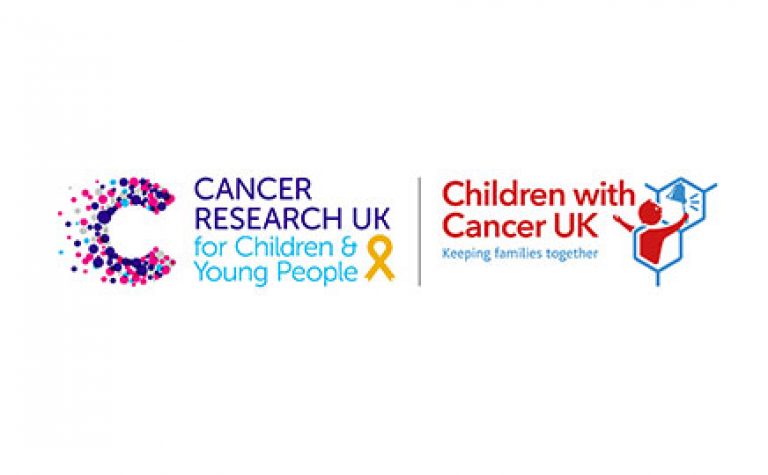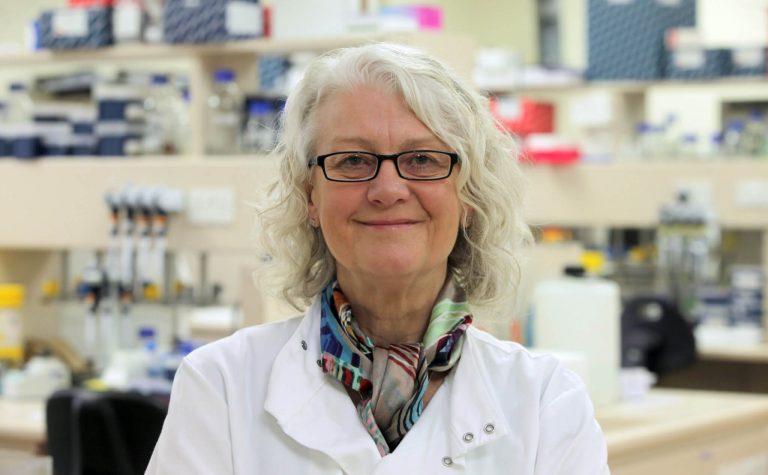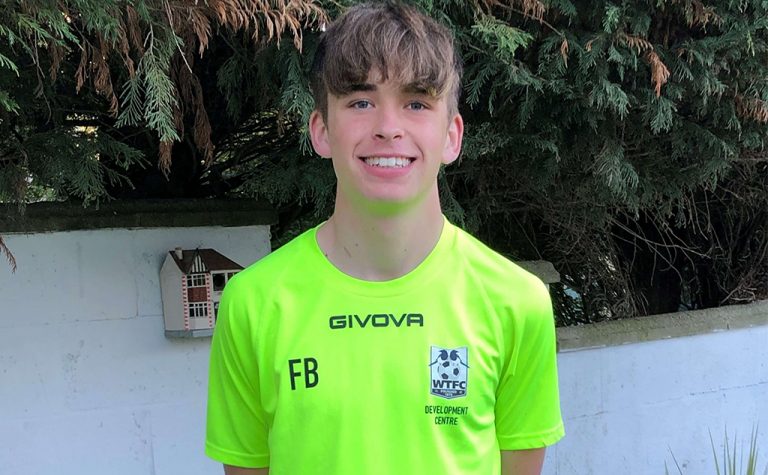Cancer in children and young people is different to cancer in adults
Our joint £4.3 million funding with Cancer Research UK for Children & Young People is for innovative new research that will give a much-needed turbo-boost to research into children’s and young people’s cancer.
Cancer in children and young people is different to cancer in adults. Despite improvements in overall survival in the last 40 years, cancer remains the leading cause of death by disease in children and young people (aged 1-24) in the UK**.
These Cancer Research UK–Children with Cancer UK Innovation Awards will help researchers to gain a better understanding of cancer in children find new ways to prevent and treat these complex cancers.
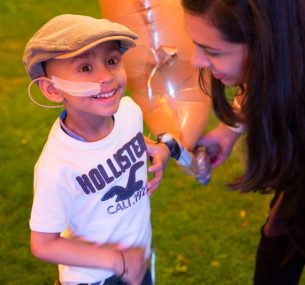
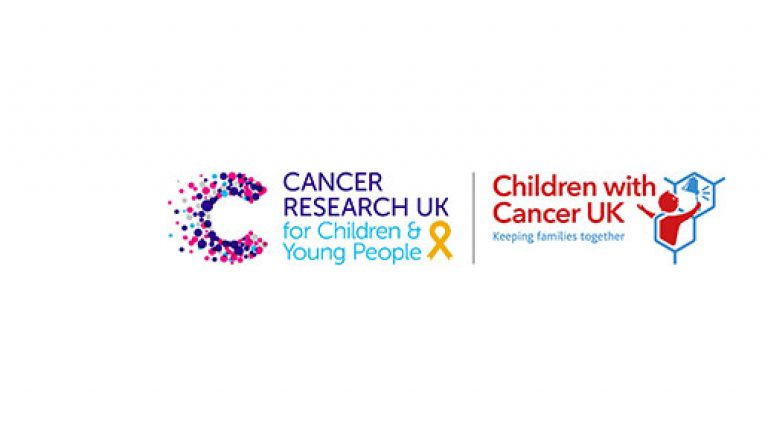
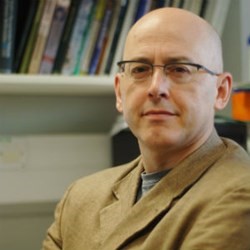
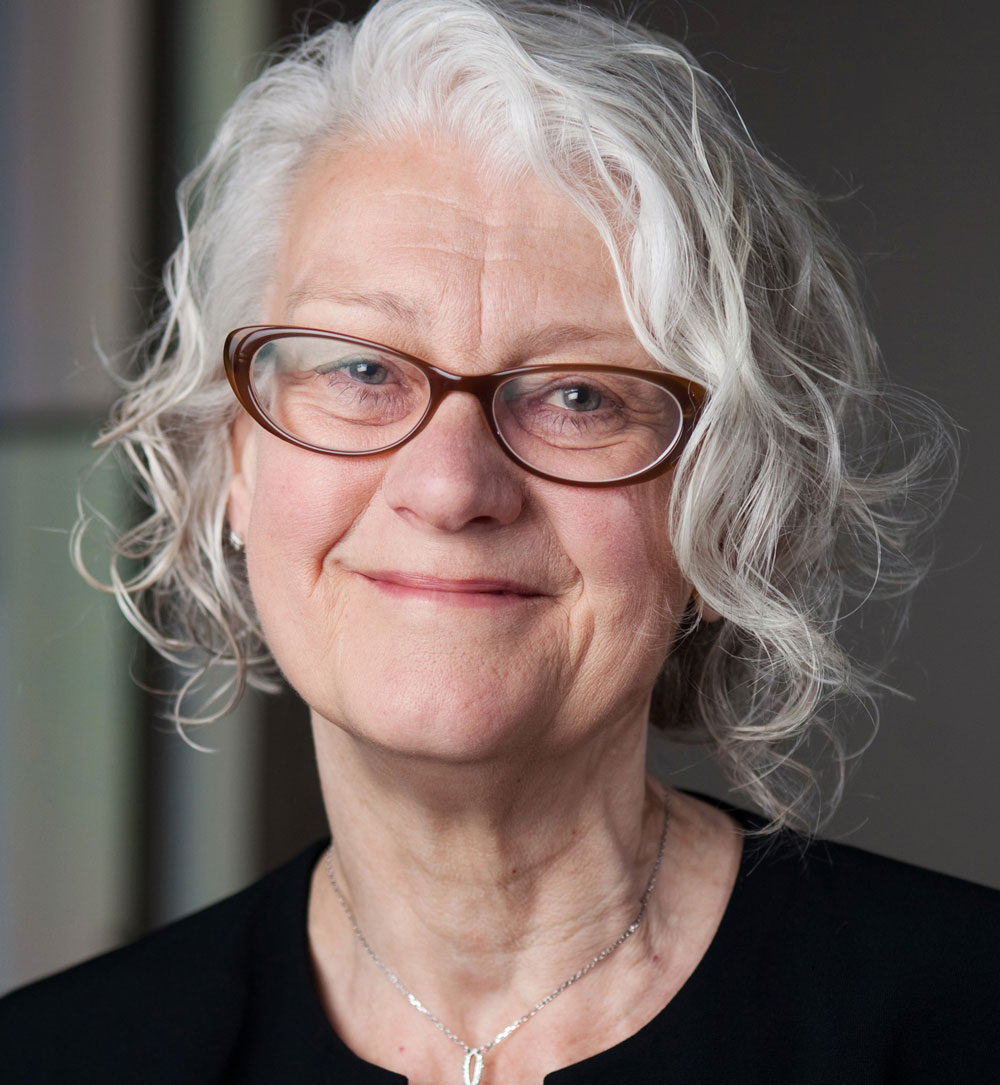 children with cancer, and if it can be used when designing new treatments.
children with cancer, and if it can be used when designing new treatments.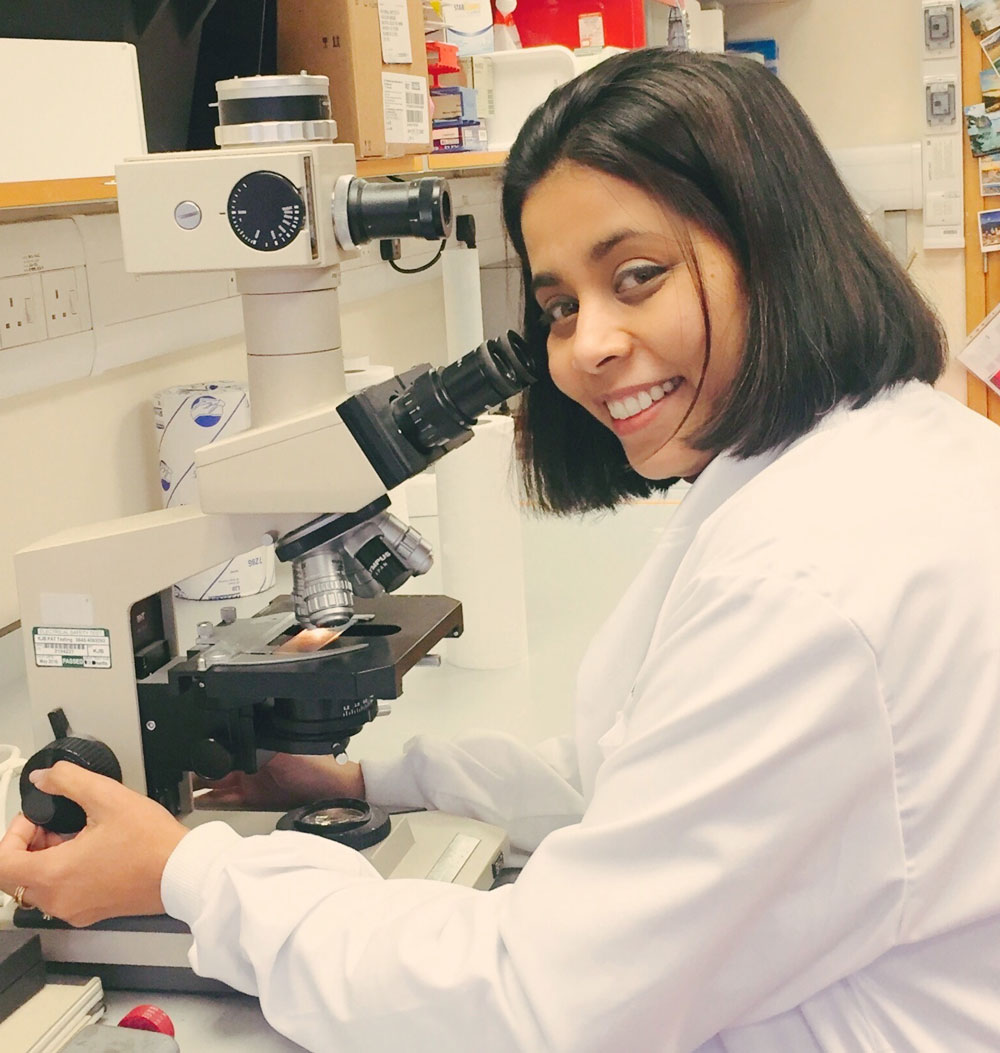
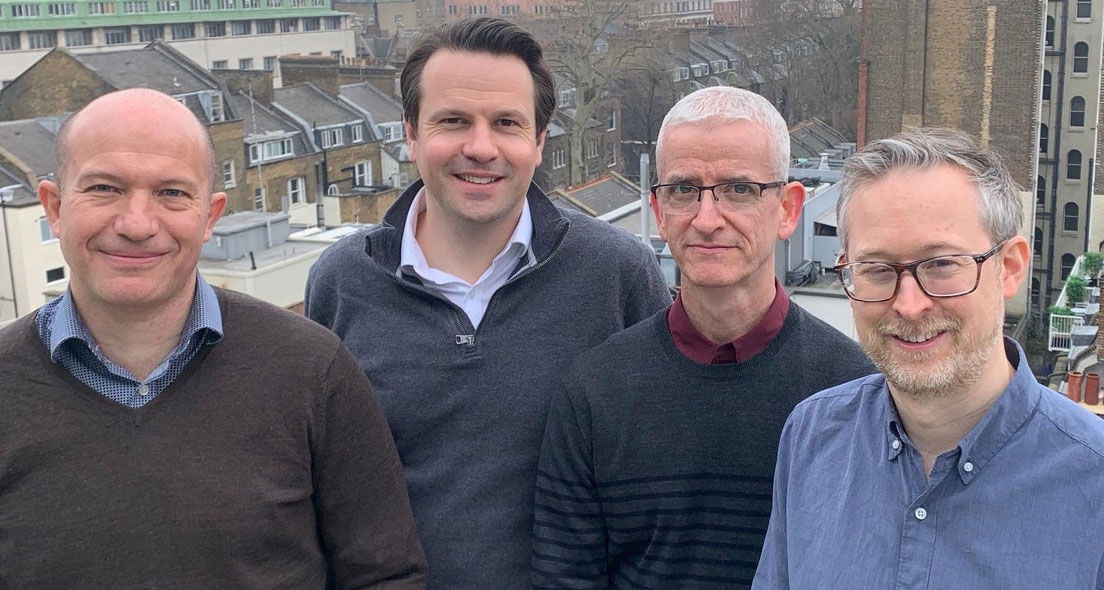 relapses after treatment.
relapses after treatment.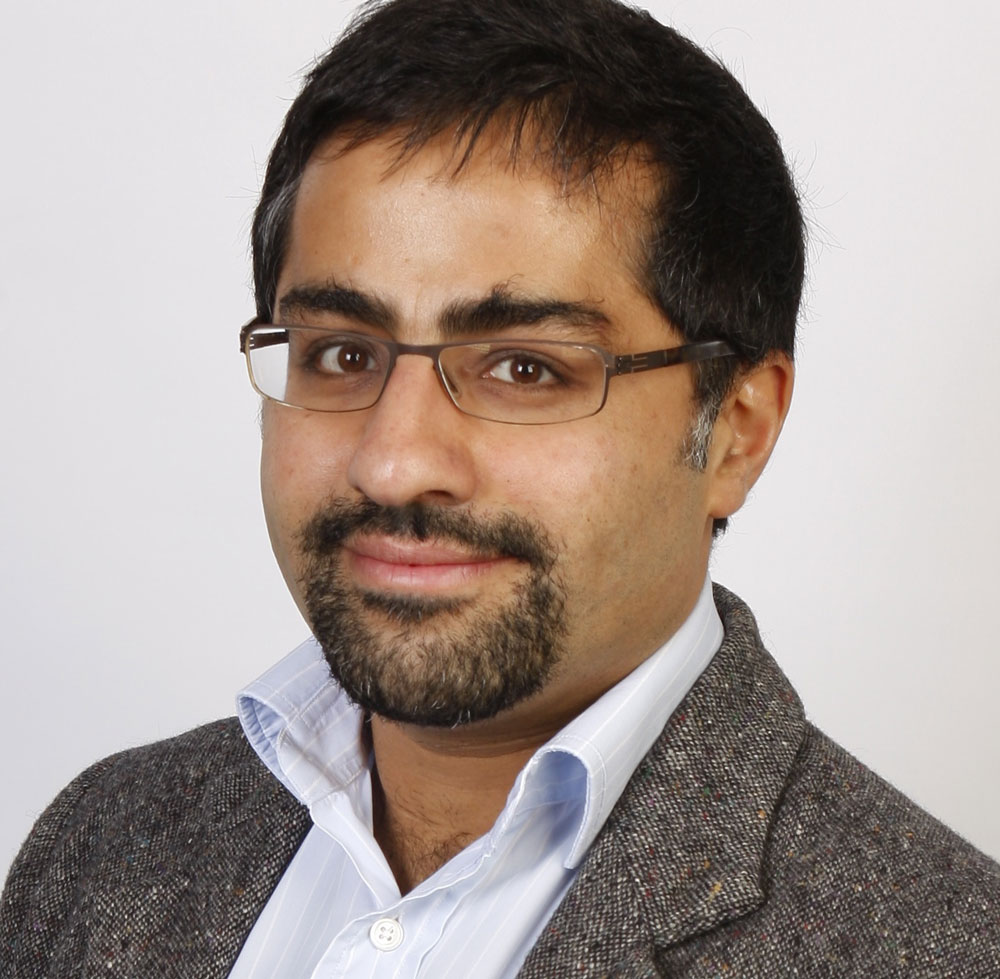 The biology of RMS is largely unexplored, but is thought to originate from cells in the foetus that develop incorrectly. Some of these cells persist in children with RMS when usually they wouldn’t. Dr Sam Behjati at the Wellcome Trust Sanger Institute, and Dr Karin Straathof at University College London, want to understand why this happens by building a cell ‘atlas’ – a complete guide to the cells that form RMS. They hope that understanding how RMS develops will help bring to light new targets for treatment.
The biology of RMS is largely unexplored, but is thought to originate from cells in the foetus that develop incorrectly. Some of these cells persist in children with RMS when usually they wouldn’t. Dr Sam Behjati at the Wellcome Trust Sanger Institute, and Dr Karin Straathof at University College London, want to understand why this happens by building a cell ‘atlas’ – a complete guide to the cells that form RMS. They hope that understanding how RMS develops will help bring to light new targets for treatment.